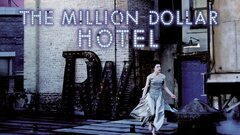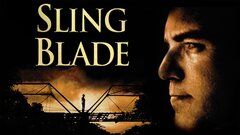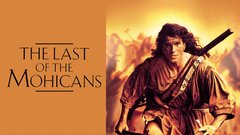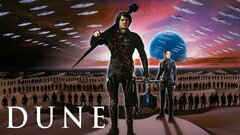The mastermind behind three Album of the Year Grammy Award winners, producer Daniel Lanois helped to launch, revive and consolidate the careers of some of the world's biggest artists while simultaneously building an equally creative if underappreciated back catalogue of his own.
Born in Hull, Quebec in 1951, Lanois grew up in a musical family and first began honing his production skills in a basement studio he and his brother Bob set up as teenagers before moving to a larger recording facility in Hamilton, Ontario, where they worked with the likes of sister Jocelyne's new-wave outfit Martha & The Muffins, singer-songwriter Ray Materick and children's entertainer Raffi.
Lanois then forged what would become his most commercially-successful creative partnership when he teamed up with maverick producer Brian Eno for a series of instrumental ambient albums and then more notably on The Unforgettable Fire, the first of several records the pair helmed for U2. Indeed, after Lanois oversaw Peter Gabriel's 1986 mainstream breakthrough, So, the duo picked up the Album of the Year Grammy for their contribution to the Irish rock icons' 1987 release, The Joshua Tree, and would later enjoy similar acclaim for their work on 1991's Achtung Baby, 2000's All That You Can't Leave Behind and 2004's How To Dismantle An Atomic Bomb.
After producing Robbie Robertson's long-awaited solo debut, Lanois continued to establish his credentials by guiding Bob Dylan's return-to-form Oh Mercy, and The Neville Brothers' career-best Yellow Moon, before becoming an artist in his own right with 1989's Acadie, a collaborative effort steeped in the culture of both his Quebecois heritage and his adopted New Orleans hometown.
Following work with another Dublin outfit, Hothouse Flowers, and a reunion with Peter Gabriel on Us, Lanois then took centre stage on 1993 sophomore effort For The Beauty Of Wynona, a slow-burning country-tinged affair which further showcased his limited-but-warm vocals.
Having previously contributed to music for "Dune," (1984) "Birdy" (1984) and "The Last Of The Mohicans" (1992), Lanois then scored the entire soundtrack for "Sling Blade" (1996) and collaborated on Ron Sexsmith's eponymous major label debut and Luscious Jackson's Fever In Fever Out before landing a second Album of the Year Grammy win for Bob Dylan's Time Out Of Mind.
Lanois then returned to the solo fray, albeit with a little help from Bono and Emmylou Harris, on 2003's Shine, later releasing 2004 outtakes collection Rockets and receiving two Grammy nods for 2005's Belladonna, an instrumental LP intended to recapture the dynamics of his early work with Eno.
In 2007, Lanois released a documentary chronicling the creative process behind his music, "Here Is What Is," and its accompanying soundtrack and followed it up two years later with a trilogy of instrumental albums labelled The Omni Series.
While working on Neil Young's Le Noise in 2010, Lanois was hospitalized after suffering multiple injuries in a motorcycle crash but soon recovered to release Black Dub, the self-titled debut from his dub/blues/soul side-project, and later lent his talents to records from Jim Wilson and The Killers.



















